The rising cost of living in New York City impacts nearly everybody. But it’s especially infuriating to realize that one way the city government makes up for lost revenue is by cracking down on residents and property owners. NYC collects over a billion dollars in code and law enforcement penalties every year. One way to avoid those costs and keep your money in your own pocket is by complying with Local Law requirements at your property, on time.
Staying on top of inspection schedules is about more than just avoiding fines and saving money—it’s about preserving safety, and even saving lives. Compliance with the new Parapet Inspection Rule, the Garage Inspection requirement and the Gas Pipe inspection requirements will save lives and money. Each of these local legal requirements resulted from fatal accidents that could have been prevented had inspections been done and repairs made appropriately and timely.
Parapet Inspections
The new Parapet Rule—also known as Local Law 126 (LL126)—requires building owners to have their parapets inspected annually, and went into effect on January 1 of this year.
With some exclusions, LL126 applies to all buildings with parapets—the low walls that rise a few feet above the roof line—that face a public right-of-way, such as a sidewalk or street. The exclusions include detached single-or two-family homes, and buildings with a barrier that prevents access to the exterior wall.
The Parapet Rule aims to protect the public from falling debris by requiring qualified professionals to inspect parapets and repair any unsafe conditions–so a key question to ask is whether your property even has a parapet to inspect. Many 19th century brownstone-type townhouses have cornices, which are ornamental, horizontal crown moldings at the top front of the building. Roofs on such buildings are typically flat, and slope gently up to the cornice. Such slopes are not parapets and therefore of course not subject to parapet inspection.
If your building does have parapets, and a hazardous condition is found, the building owner must: (1) Notify the Department of Buildings (DOB), (2) Install pedestrian protection immediately, and (3) Complete repairs within 90 days. Building owners must keep the parapet inspection report for at least six years, and make them available to the DOB upon request.
Inspection costs vary widely—from $400 to $2,000. According to Larry Ford, Chief of Compliance at Brownstone Compliance Services: “We surveyed the market and found engineers charging over $2,000 for parapet inspections,” but Ford notes that a professional licensed and insured team can perform an inspection and provide the required report with photos for substantially less–around $650 in his firm’s case.
The DOB has not yet updated its fine schedule to account for this new rule, but the financial penalty for noncompliance with LL126 is expected to be between $800 and $10,000.
Garage Inspections
In addition to parapet inspections, Local Law 126 also involves a garage inspection requirement. The law requires owners of parking structures to hire a New York State Professional Engineer who is also a Qualified Parking Structure Inspector to inspect the parking structure and file a report with DOB at least once every six years. Unsafe conditions must be repaired within 90 days of filing a condition assessment report. Once the work is finished, an amended report must be filed via DOBNOW, the Department of Buildings online portal for permits, applications, and other administrative documents.
Parking structures that must be inspected are defined as buildings used for parking or storing motor vehicles, including open and enclosed parking spaces inside or under a building. This does not include autobody/automotive repair shops, automotive showrooms or service stations, a garage with occupancy of fewer than three cars, or unenclosed and unattached garages serving one- and two-family homes.
A one-time initial observation of parking structures was to be performed and filed by August 1, 2024. This initial observation requirement applies to parking structures in Community Districts 8 through 12 in Manhattan, and all Community Districts in the four other boroughs.
Depending on the Community District, periodic inspections must be performed by December 31, 2025 or December 31, 2027. These inspections can be pricey–we’ve seen engineering bids for this work upwards of $10,000. But penalties for not submitting a garage inspection report in New York City are also expensive; fines range from $1,000 per month for late filing or failure to correct an unsafe condition to $5,000 per year for failure to file.
Gas Line Inspections
In March 2015, a natural gas explosion in Manhattan’s Lower East Side caused two deaths, injured 19 people, and caused a building to collapse. In response, the City Council passed Local Law 152 (LL152) which requires natural gas piping in NYC be inspected every four years by a master plumber. Buildings that do not have gas piping must certify that fact.
Leading LL152 expert Bill Weidner of KeepMyGas.com notes that “the 2015 catastrophe reminds us of the vital importance of safely managing the natural gas flowing through our communities and buildings. After a NYC-licensed master plumber completes an inspection under Local Law 152, any deteriorated piping or other unsafe conditions can be quickly addressed, ensuring a safer building."
A gas line inspection includes a visual survey of all gas meters and exposed gas pipes in all common areas for illegal connections, non code-compliant installations, or evidence of excessive deterioration that would create a dangerous condition. The inspector will scan common areas with a gas detector to determine the presence of a gas leak. Rental tenant spaces are not required to be inspected, but owner-occupied residential and/or commercial spaces do require inspection.
If an inspection reveals an unsafe or hazardous condition, the master plumber must immediately notify the building owner, the utility providing gas service to the building, and the DOB, and the building owner must immediately correct the unsafe condition. If an imminently dangerous condition exists, the plumber must immediately call 911 and wait at a safe place until emergency personnel arrive.
The penalty for not submitting a gas line inspection report in New York City can be up to $5,000.
Staying Alive & Avoiding Penalties
While it’s certainly arguable that using code-enforcement penalties to plug the city’s budget holes weaponizes our building inspection system and puts further burdens on already-stressed building owners, New York City takes building safety seriously. There’s clear safety value in being proactive, thorough, and persistent in inspecting potentially dangerous building systems. On multiple occasions, pedestrians have been killed by debris falling from buildings, collapsing garages, and exploding gas leaks. The Local Laws explained here aim to protect the public by requiring observations of parapets, garages and gas piping by qualified professionals capable of identifying dangerous conditions. It’s part of every board and manager’s duty to ensure that their building’s parapets, garages and gas pipes are inspected and kept in good repair to safeguard lives and spare residents the cost of financial penalties.
Josh Blackman is CEO of Brownstone Property Group, and a licensed attorney. He can be reached at legal@brownstonemgt.com.



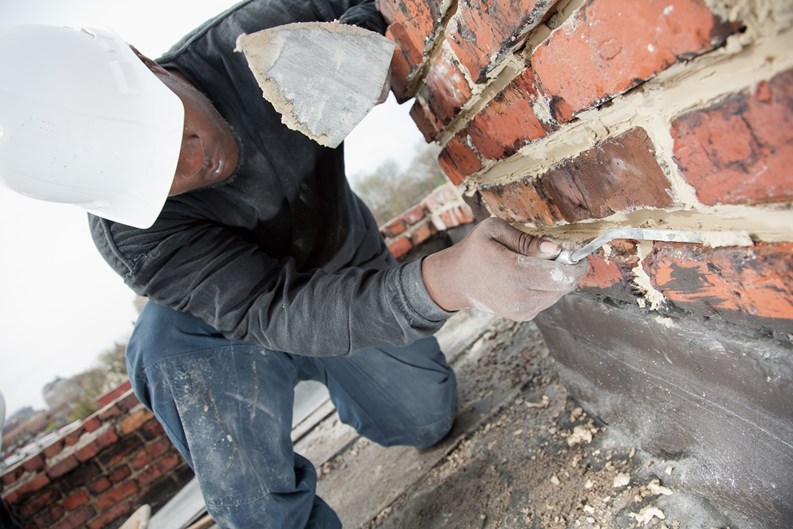

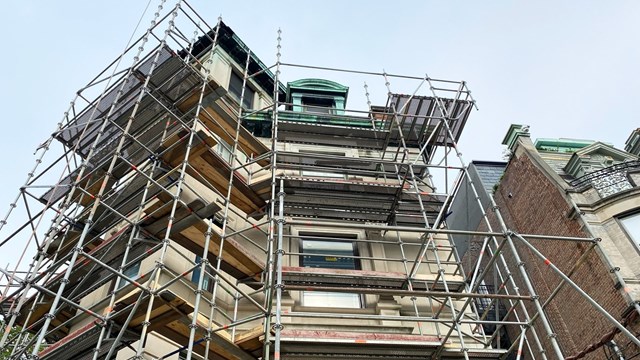
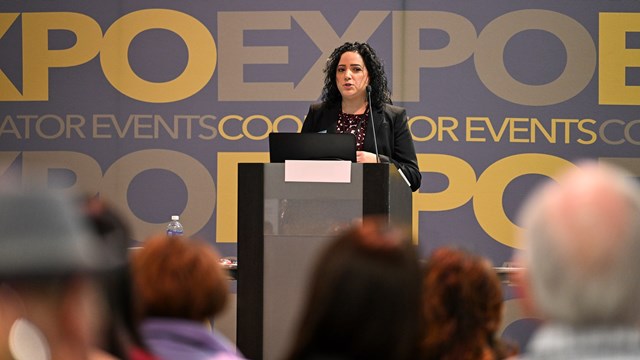

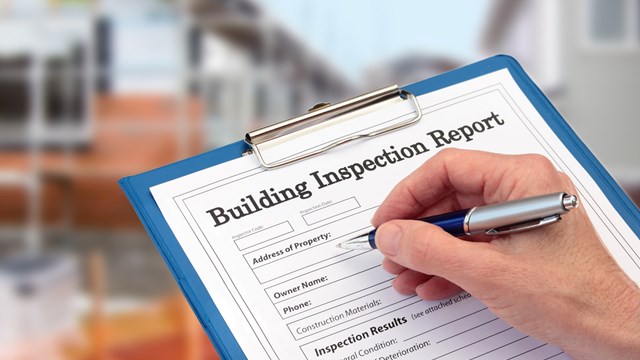
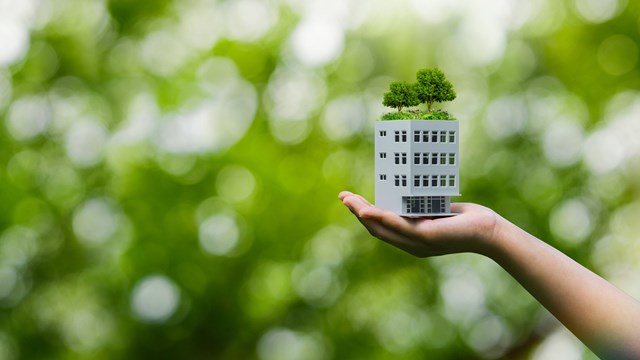
Leave a Comment